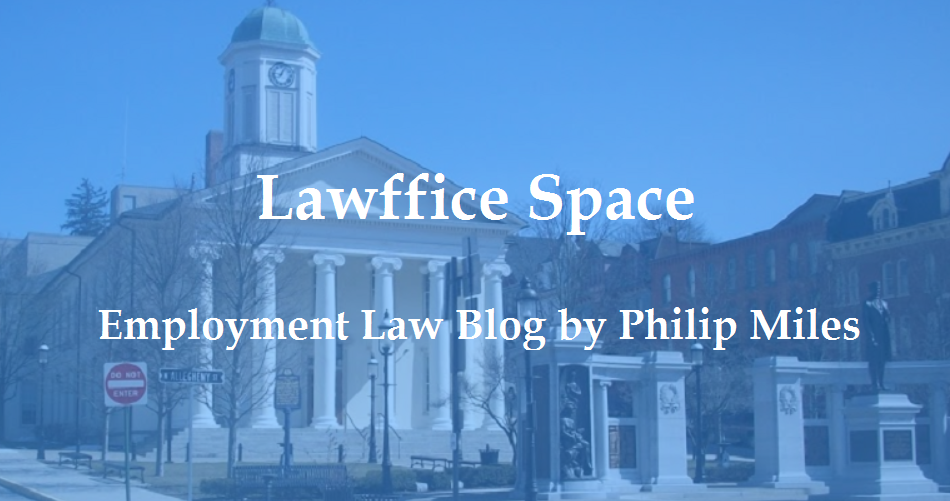Notice Requirements for a Workplace Religious Reasonable Accommodation
EEOC v. Abercrombie & Fitch
SCOTUS just granted cert a couple weeks ago. You can read my more-detailed description of the issue here. Generally speaking, the case involves the required notice for imposing the reasonable accommodation requirements of Title VII on an employer in the hiring context.
Workplace Pregnancy Accommodations
Young v. UPS
Issue: Whether, and in what circumstances, the Pregnancy Discrimination Act, 42 U.S.C. § 2000e(k), requires an employer that provides work accommodations to non-pregnant employees with work limitations to provide work accommodations to pregnant employees who are “similar in their ability or inability to work.” My brief summary of the issue here.
Compensability of Security Screening Time
Integrity Staffing Solutions v. Busk
Issue: Whether time spent in security screenings is compensable under the Fair Labor Standards Act (FLSA), as amended by the Portal-to-Portal Act. SCOTUS heard oral arguments last week. Transcript here and audio here.
Mandatory EEOC Conciliation
Mach Mining v. EEOC
Issue:Whether and to what extent a court may enforce the Equal Employment Opportunity Commission's mandatory duty to conciliate discrimination claims before filing suit.
Vesting of Retirement Benefits Under Collective Bargaining Agreement
M&G Polymers USA, LLC v. Tackett
Statement of case:
And, now some cases that I call "second-tier" - they're either not directly employment law cases, or too narrow in scope to draw too much interest for the average employer.When employees and unions bargain with employers for retiree health-care benefits, those benefits— and the conditions for receiving them—are set out in collective bargaining agreements. The agreements almost never, however, explicitly address the duration of those benefits. The circuits have badly split over how to construe that contractual silence . . . . The Sixth Circuit construes silence or ambiguity in a collective bargaining agreement as creating an “inference” or “presumption” that the agreement vests a right to lifetime, contribution-free benefits in the absence of extrinsic evidence to the contrary. The Third Circuit applies the opposite presumption and requires a clear statement in collective bargaining agreements that the parties intend the benefits to continue indefinitely. And the Second and Seventh Circuits (among others) have staked out a middle ground between those diametrically opposed positions . . . requiring at least some language in a collective bargaining agreement that can support interpreting that agreement to provide health benefits indefinitely.
Admin Law: Procedures for Agency Interpretive Rulemaking
Perez v. Mortgage Bankers Association
Issue: Whether a federal agency must engage in notice-and-comment rulemaking pursuant to the Administrative Procedure Act before it can significantly alter an interpretive rule that articulates an interpretation of an agency regulation. This case specifically deals with the Department of Labor's interpretation of its FLSA regulations as applied to mortgage-loan officers.
Whistleblower Protection for Intentional Disclosure of Sensitive Security Information
Dept. of Homeland Security v. MacLean
Issue: Whether certain statutory protections codified at 5 U.S.C. § 2302(b)(8)(A), which are inapplicable when an employee makes a disclosure “specifically prohibited by law,” can bar an agency from taking an enforcement action against an employee who intentionally discloses Sensitive Security Information.


No comments:
Post a Comment